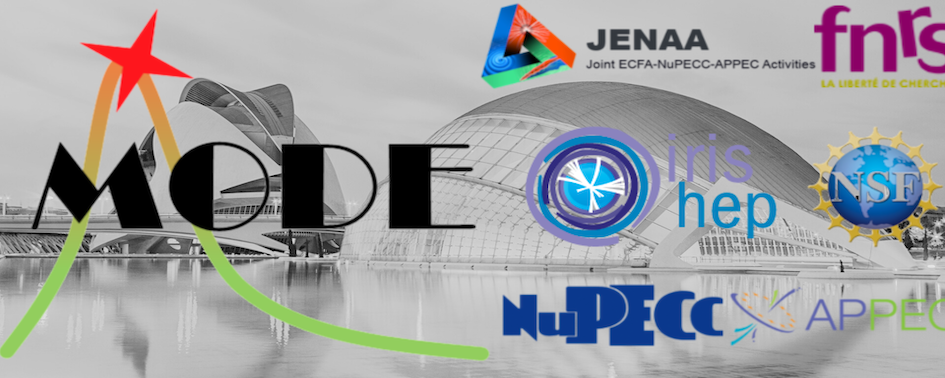Speaker
Description
One of the primary challenges for future nuclear fusion power plants is understanding how neutron irradiation affects reactor materials. To tackle this issue, the IFMIF-DONES project aims to build a facility capable of generating a neutron source in order to irradiate different material samples. This will be achieved by colliding a deuteron beam with a lithium jet. In this work, within the DONES-FLUX project, Deep Learning Surrogate Models are applied to the design and optimization of the IFMIF-DONES linear accelerator. Specifically, Neural Operators are employed to predict deuteron beam envelopes along the longitudinal axis of the accelerator and neutron irradiation effects at the end, after the beam collision. This approach has resulted in models that are able of approximating complex simulations with high accuracy (mean absolute percentage errors of 1-5%) and significantly reduced inference time (ranging from 2 to 5 orders of magnitude) while being differentiable. The substantial speed-up factors enable the application of online Reinforcement Learning algorithms, and the differentiable nature of the models allows for seamless integration with differentiable programming techniques, facilitating the solving of inverse problems to find the optimal parameters for a given objective. Overall, these results demonstrate the synergy between Deep Learning models and differentiable programming, offering a promising collaboration among physicists and computer scientists to further improve the design and optimization of IFMIF-DONES and other accelerator facilities. This research will lay the foundations for future projects such as DONES+MAGIA, where optimization efforts with differentiable programming will be performed.
